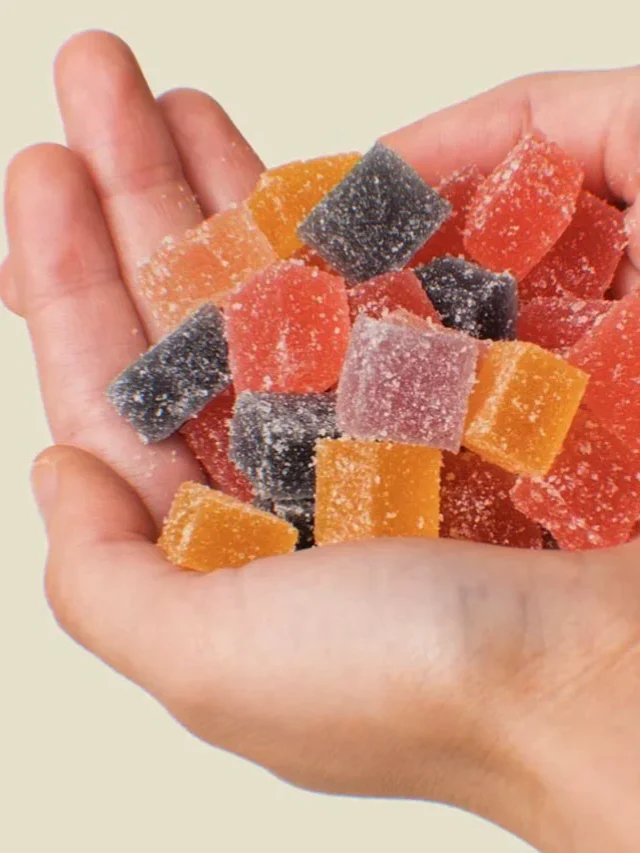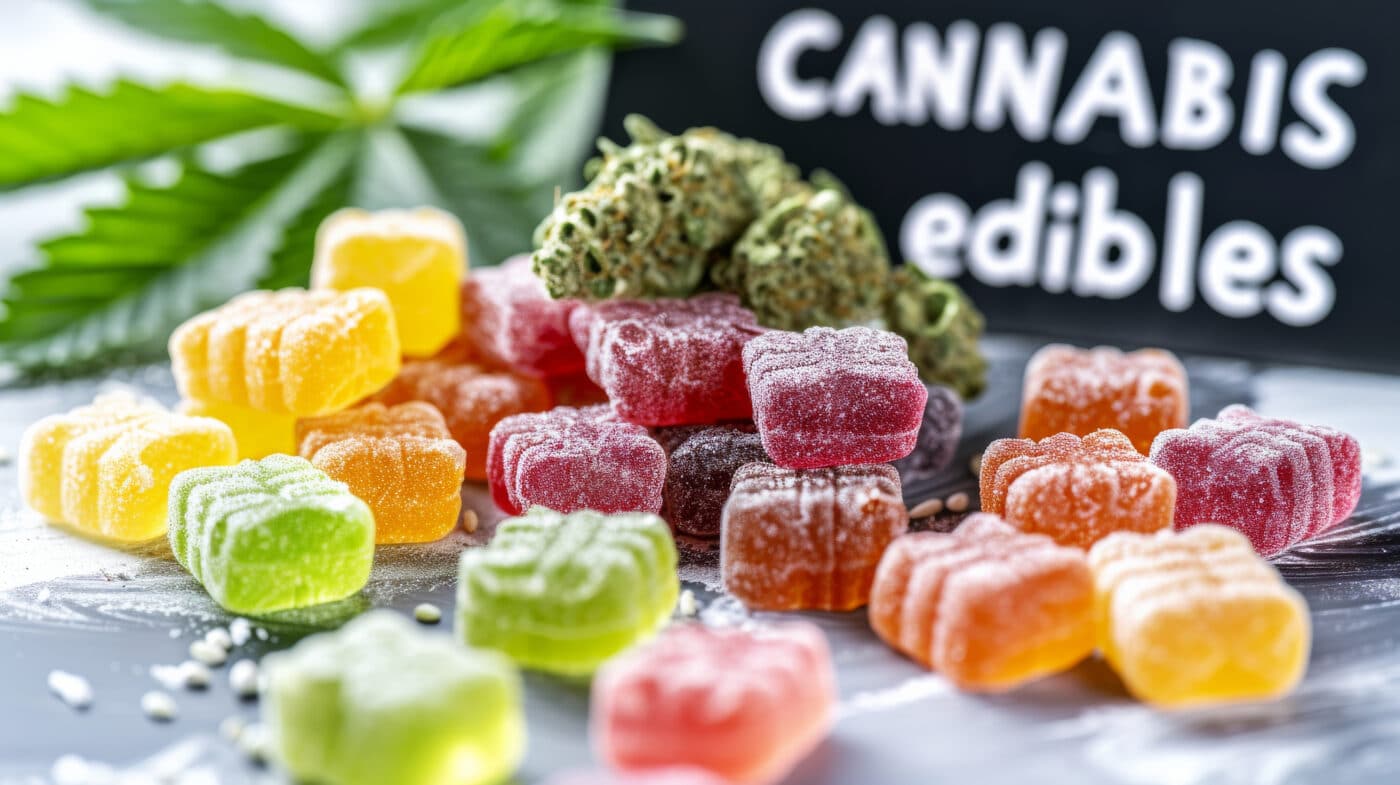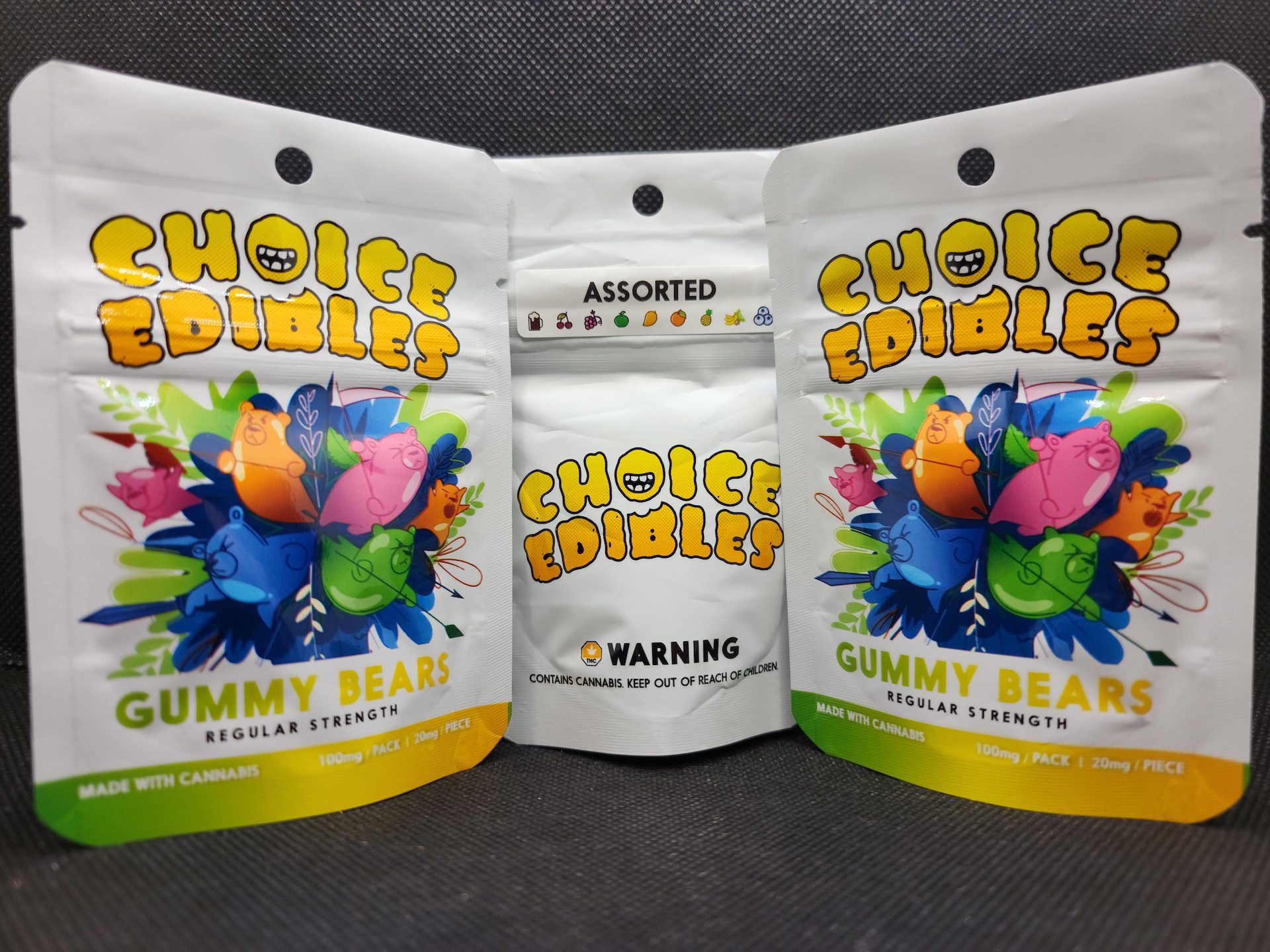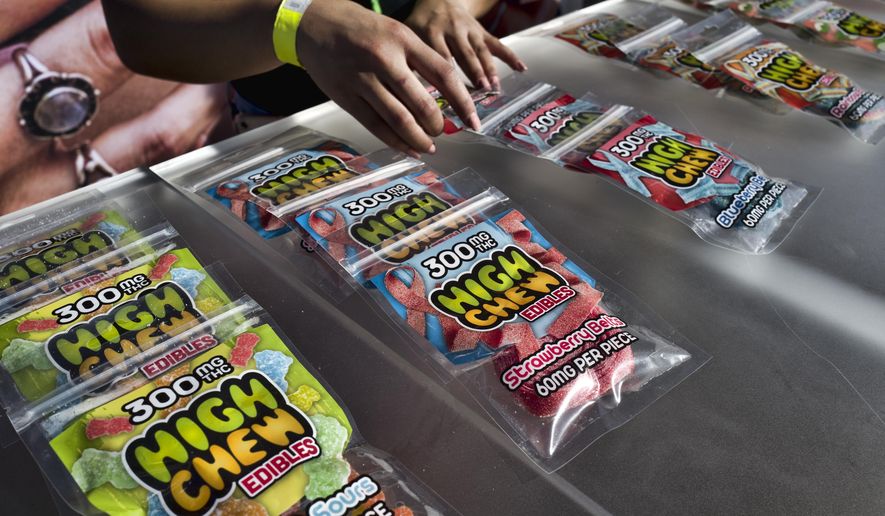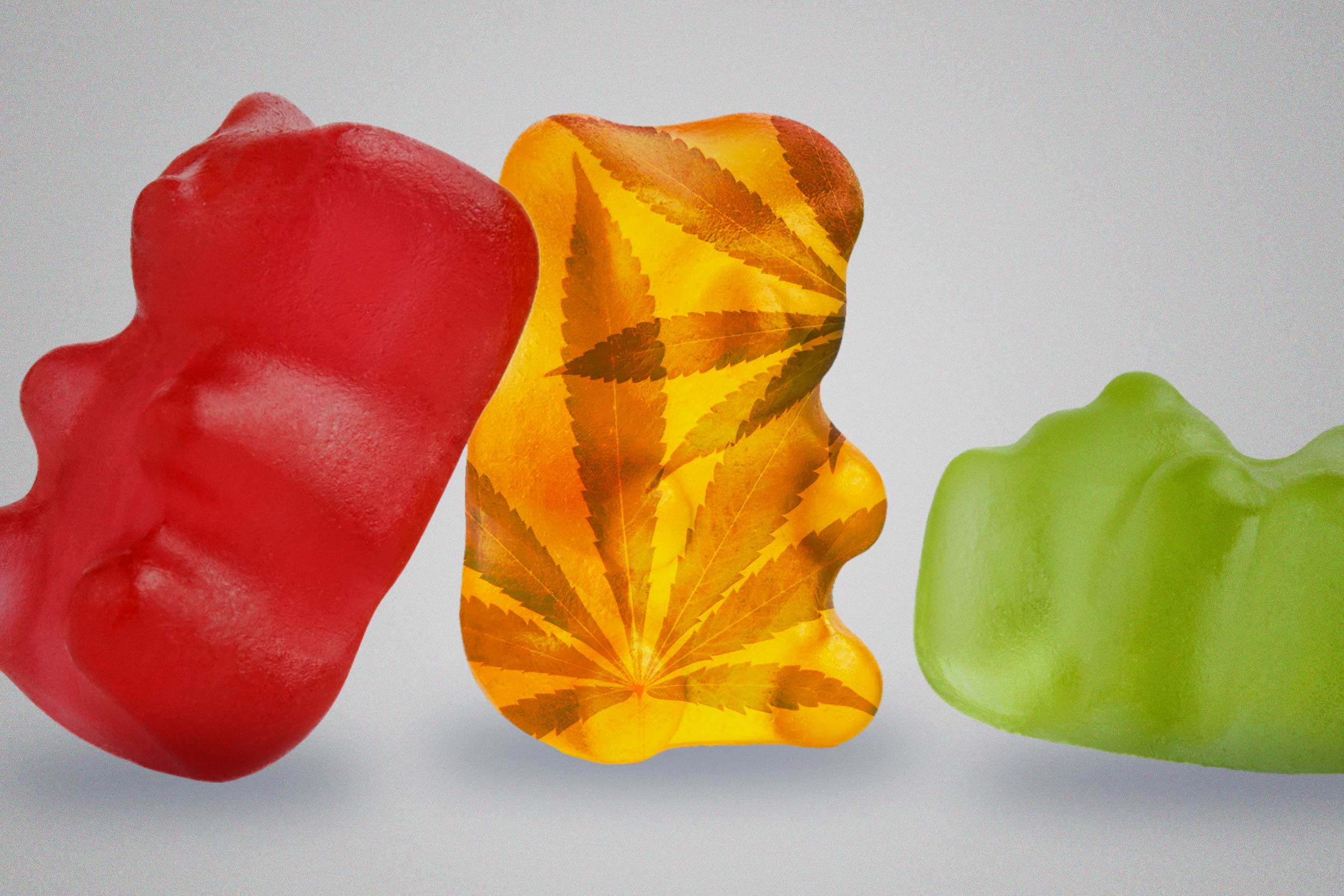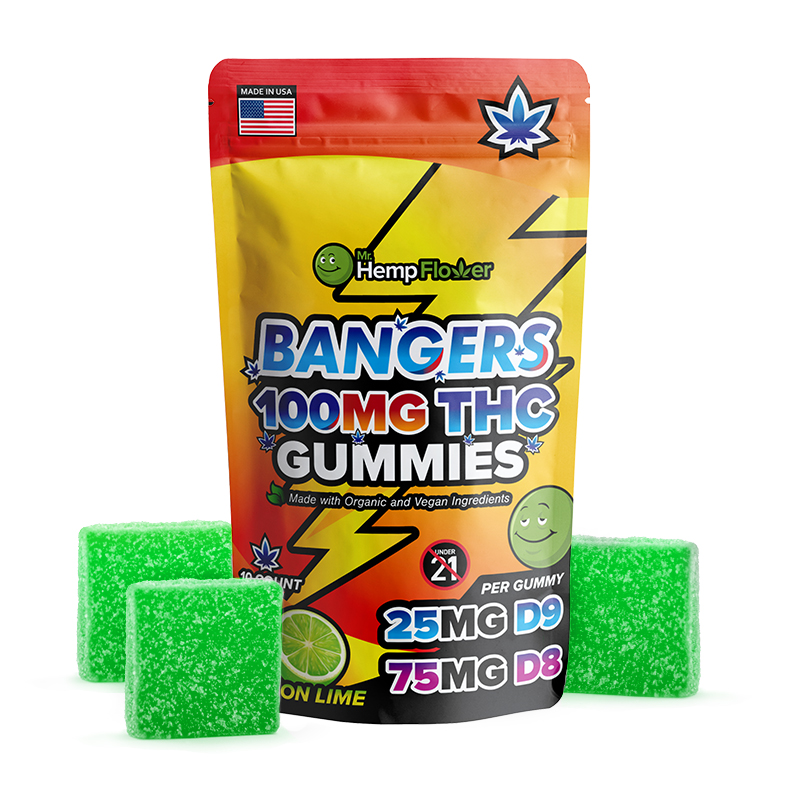Can You Fly With Gummy Edibles

Imagine yourself at the airport, the electric hum of anticipation filling the air. You’re finally heading off on that long-awaited vacation. As you double-check your carry-on, a question pops into your head: what about those gummy edibles you packed for a little relaxation on the beach? Are they going to cause a problem?
Navigating the intersection of cannabis laws and air travel can feel like traversing a legal minefield. While the allure of discreetly enjoying edibles on your trip is undeniable, the reality is complex, hinging on federal vs. state laws, the Transportation Security Administration's (TSA) stance, and the specific regulations of your origin and destination.
The question of whether you can fly with gummy edibles isn't a simple yes or no. It requires a nuanced understanding of the legal landscape, which we'll explore in detail to help you make informed decisions about your travel plans.
The Federal Law vs. State Laws: A Murky Landscape
At the heart of the issue lies the conflict between federal and state laws regarding cannabis. Federally, marijuana, including edibles, remains classified as a Schedule I controlled substance under the Controlled Substances Act.
This means that possessing, using, or distributing marijuana is illegal under federal law, regardless of state laws. However, many states have legalized marijuana for medicinal or recreational use, creating a patchwork of regulations across the country.
This discrepancy introduces confusion for travelers. What's legal in one state might lead to legal trouble in another, or even at the federal level, especially when air travel is involved.
The TSA's Perspective: Security vs. Legality
The TSA's primary mission is to ensure the safety and security of passengers and transportation systems. Their focus is on identifying potential threats like weapons or explosives.
According to the TSA website, their officers are not actively searching for marijuana or other illegal drugs. However, if they discover marijuana or edibles during the security screening process, they are required to report it to local law enforcement.
This means that while the TSA isn't hunting for your gummies, finding them could trigger further investigation depending on the laws of the state you are in.
Navigating the Nuances: Key Considerations
Several factors play a crucial role in determining whether you can fly with gummy edibles without facing legal consequences. Let's break them down:
Origin and Destination: The laws of both your departure and arrival locations are paramount. Even if recreational marijuana is legal in your home state, it might be illegal in the state you're flying to.
State vs. Federal Jurisdiction: Airports generally fall under federal jurisdiction. Even if the state has legalized marijuana, you are still subject to federal law within the airport.
THC Content: The legal status often depends on the THC content. Hemp-derived products containing less than 0.3% THC are generally legal under federal law due to the 2018 Farm Bill.
Documentation: If you are carrying medicinal edibles, having a valid medical marijuana card or prescription from a doctor might offer some protection, but it doesn't guarantee immunity from federal law.
Real-World Scenarios and Precautions
Consider this: you're flying from Denver, Colorado, where recreational marijuana is legal, to Dallas, Texas, where it is not. Even though you purchased the edibles legally in Denver, bringing them to Texas could result in legal penalties.
Another scenario: you have a medical marijuana card and are flying with edibles to treat a chronic condition. While your card might be recognized in your origin state, it might not hold the same weight in your destination state, or under federal law.
To minimize risk, consider these precautions:
Research the Laws: Thoroughly investigate the marijuana laws in both your origin and destination states. Knowledge is your best defense.
Leave it at Home: The safest option is always to leave your edibles at home, especially if you're unsure about the legal landscape.
Consider Alternatives: Explore legal alternatives for relaxation, such as CBD products with less than 0.3% THC, which are federally legal. But still be aware of state laws.
Consult with an Attorney: If you have any doubts, consult with an attorney specializing in cannabis law. They can provide personalized advice based on your specific situation.
The Rise of Hemp-Derived Products
The 2018 Farm Bill legalized hemp at the federal level, defining it as cannabis with less than 0.3% THC. This has led to a surge in the popularity of CBD products, including gummies.
While CBD products are generally legal under federal law, it's essential to ensure they meet the THC threshold. Some states have additional regulations on CBD, so research is still crucial.
Carefully read the labels and purchase CBD products from reputable sources to ensure compliance with legal requirements.
Looking Ahead: The Future of Cannabis and Air Travel
As more states legalize marijuana, the tension between state and federal laws is likely to intensify. There is a growing need for clearer federal guidelines regarding cannabis and air travel.
The potential for federal legalization could significantly simplify the landscape, but until then, travelers must exercise caution and stay informed.
It is very important to stay current on the changing regulations to make informed decisions.
The question of flying with gummy edibles highlights the complexities of navigating evolving laws. While the temptation to bring them on your trip might be strong, the potential legal consequences warrant careful consideration.
By understanding the legal landscape, taking necessary precautions, and staying informed, you can make responsible choices and ensure a smooth and stress-free travel experience.
Ultimately, the decision rests on your comfort level with the potential risks and your commitment to complying with the law. Safe travels!








